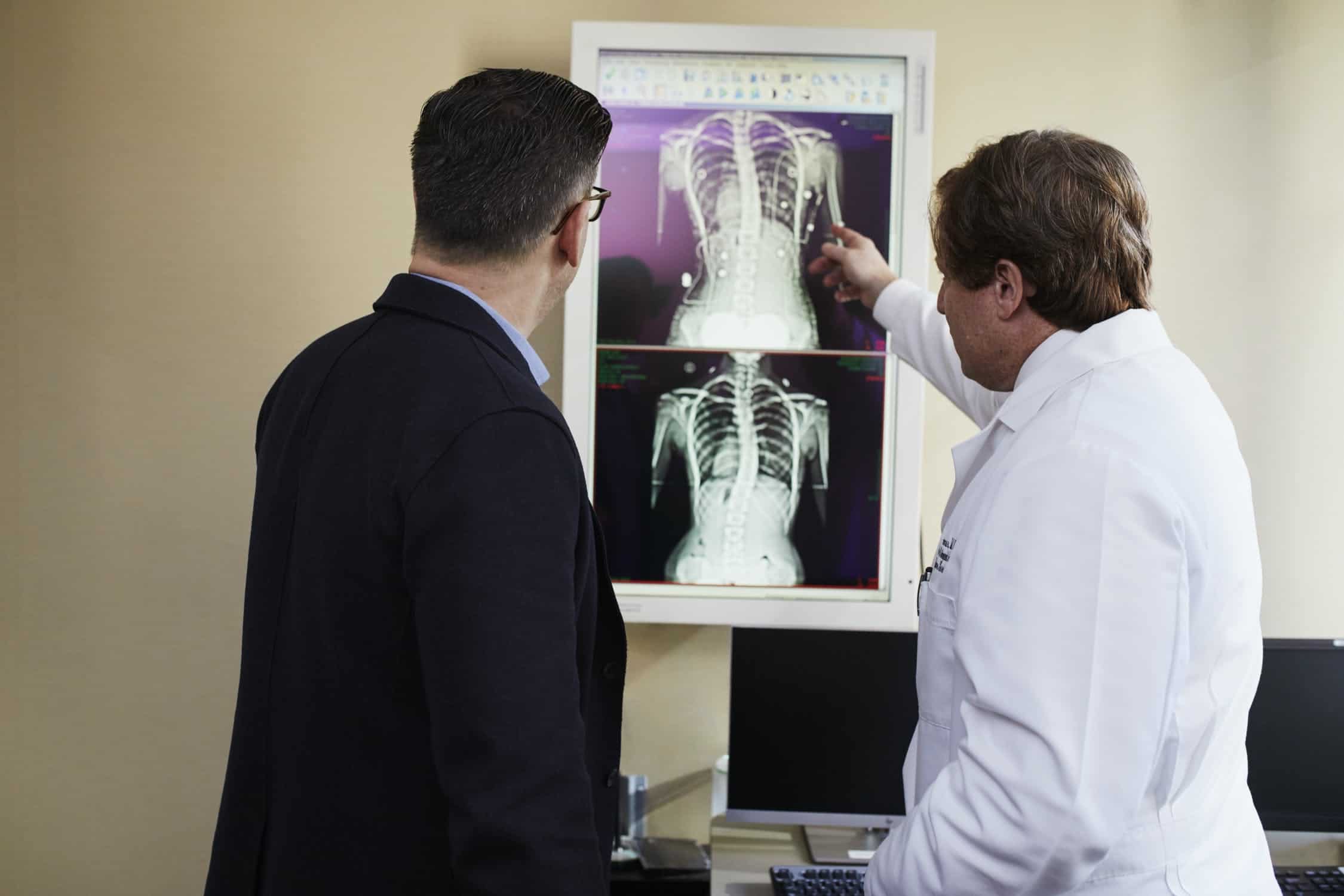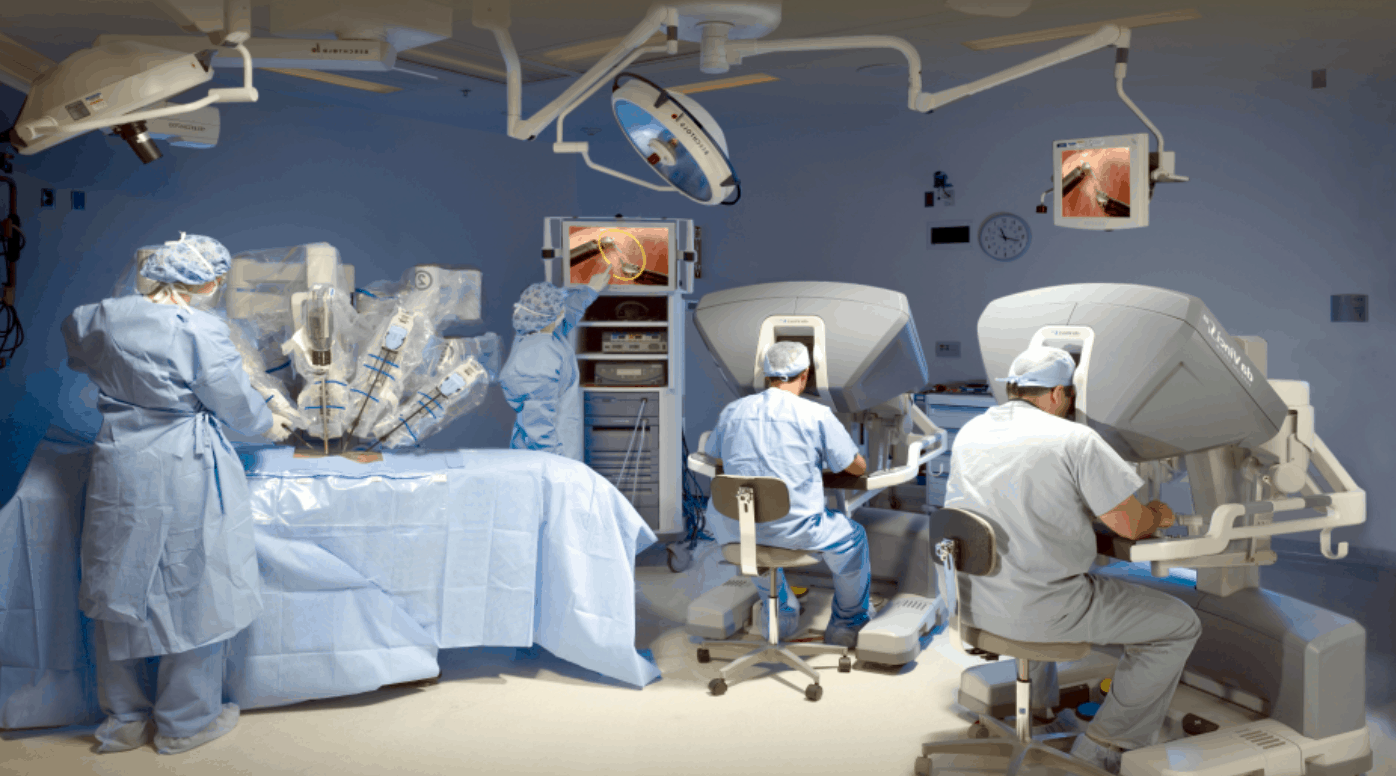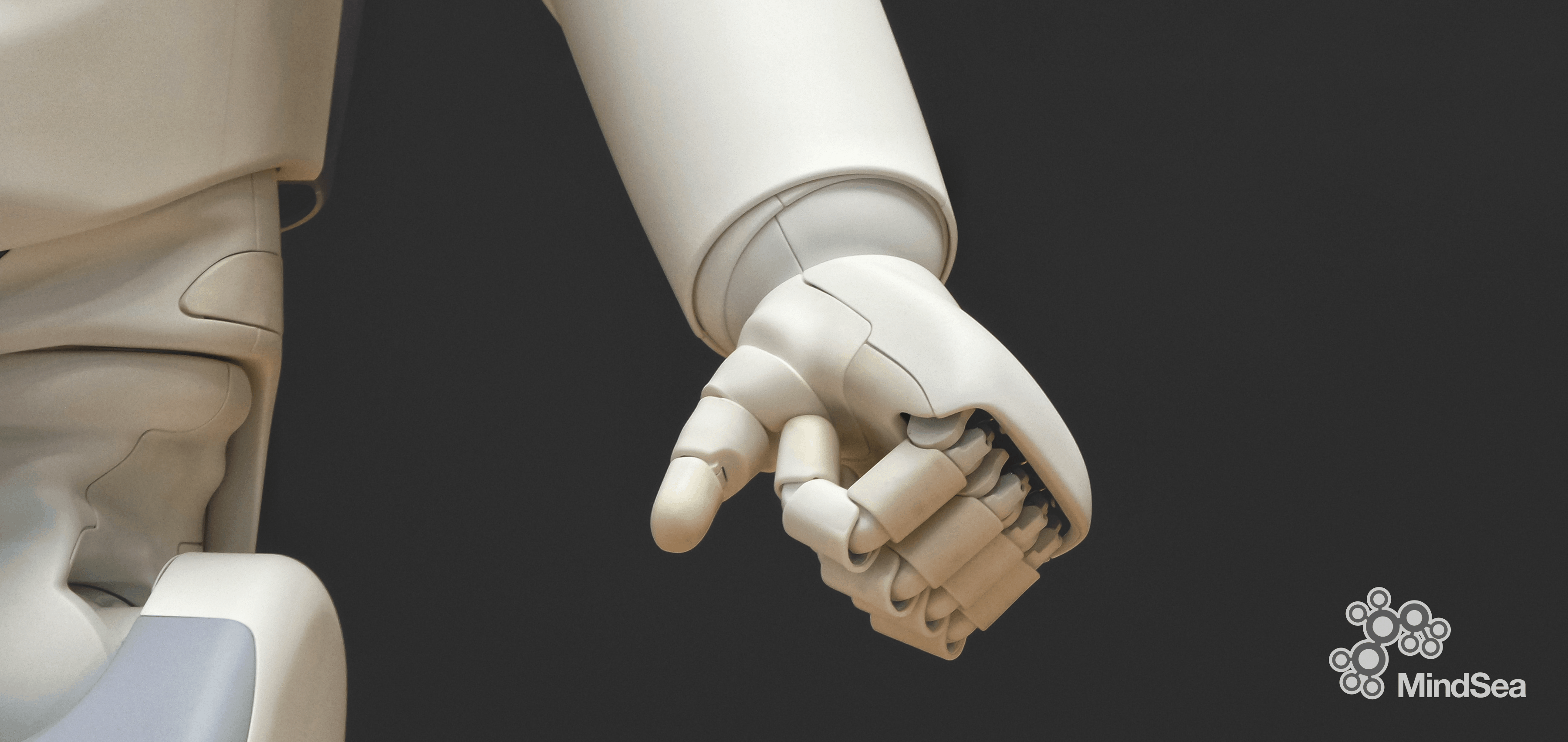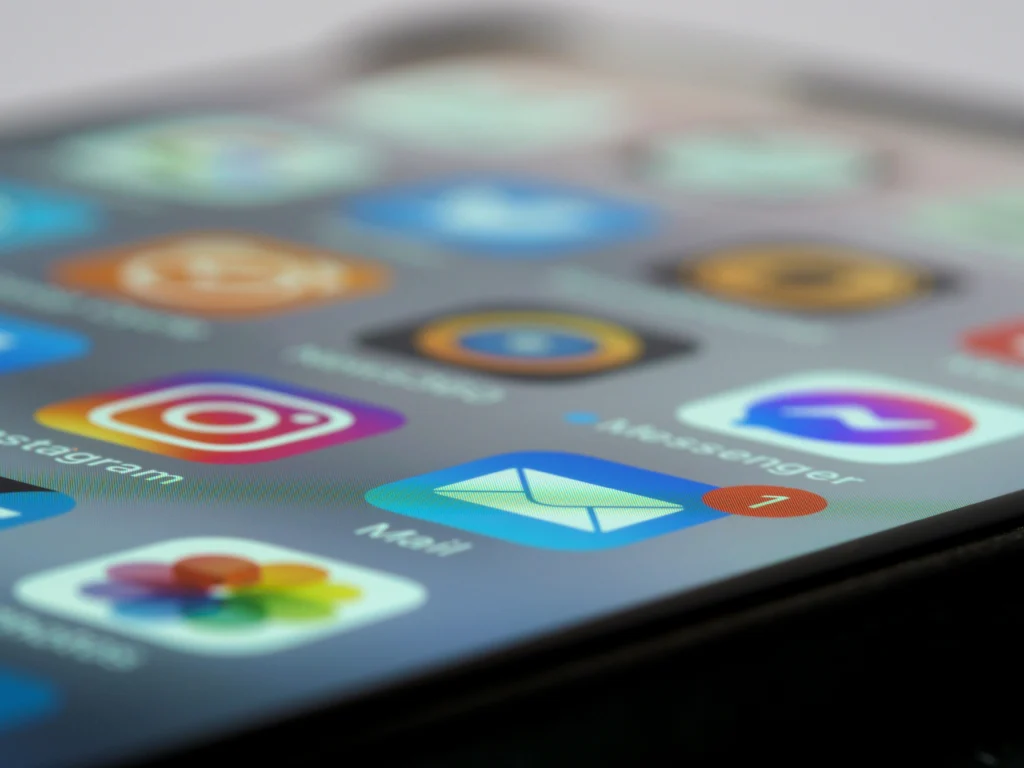Artificial intelligence (AI) and machine learning (ML) are on the verge of revolutionizing productivity, working habits, and our overall way of living.
Gartner expects the global AI-based economic activity to rise from $1.2 trillion in 2018 to around $3.9 Trillion by 2022. And it’s this growth that is contributing to improvements in industries all around us, especially healthcare.
Improving the quality of life is the clearest benefit of mixing innovative technology with healthcare, and this is exactly what AI and ML are starting to do.

Given that we are starting to become more accustomed to such modernization, we can expect to see these technologies pop up more and more,
Today, we want to take a minute to explore where AI and ML have brought us, with their amazing impact on healthcare. But first…
What is Healthcare Technology?
The future of healthcare is in good hands with the emergence of innovative technology.
Healthcare technology is any piece of technology that has been developed to help improve hospital workflows, give new perspectives in the advancements of medicine, and improve the overall level of patient care. This would be anything from dialysis machines to X-Ray machines, mHealth apps to virtual care.

Healthtech allows us to automate clinical workflows that might otherwise have to be done manually. This can free up providers to focus their efforts on other pressing priorities, while also helping reduce costs of care.
With the emergence of this technology, it brings numerous benefits. The benefits include but are not limited to:
- Reduction in healthcare costs.
- Improved efficiency and workflows.
- Better communication with providers and patients.
- Better patient monitoring with solutions like telehealth.
As the advancement of healthtech continues, we can expect to see more modernizations and more upgrades emerge—especially around artificial intelligence and machine learning, which we get into next:
Artificial Intelligence in Healthcare
AI can play a big role in healthtech.
Commonly known for its ability to perform tasks that are associated with our minds, such as problem-solving, this technology can help simplify the lives of patients and healthcare providers by performing tasks usually done by humans, but in shorter times and at a reduced cost.
Whether it’s being used to power surgical robots, or more accurately diagnose breast density and breast cancer, AI has a place in this industry.

Healthcare providers and administrators are beginning to notice artificial intelligence and what it can do. More than one-third said they were starting to invest in AI going into 2018, according to PWC. And the market value of AI in the healthcare sector is expected to reach $6.6 billion by 2021.
Likewise, researchers are noticing quicker and more effective diagnosis of illnesses. For example, DeepMind was able to train a neural network to detect various eye conditions by analyzing 3D scans.
As much as AI is expected to revolutionize society, clinicians will remain an integral part of the healthcare sector, as can be seen in the video above. Artificial intelligence will not replace clinicians but will continue to work with them towards better care. And it isn’t going anywhere anytime soon.
Machine Learning in Healthcare
Machine learning, which is a piece of AI, allows systems the opportunity to learn and improve from past programming.
Machine learning is helping accelerate scientific discovery across various industries. And healthcare is no exception.
From predictive algorithms to alert clinicians of a possible heart attack to language processing tools that help research, ML aids in human insight across the healthcare sector.
McKinsey estimates that machine learning in pharma and medicine could generate a value of up to $100B annually, based on decision-making, optimized innovation, improved efficiency, and new developments of tools for healthcare providers.
Machine learning can improve access to care, add more value in treatment options, and help personalize treatment, so that each patient gets the right treatment.
Companies like PathAI are using machine learning to help pathologists develop solutions to better diagnose and treat some of the world’s most challenging diseases. They are also working towards solutions to help identify more novel therapies for patients.

Machine learning is also here to stay, and it’s ready to change the landscape of healthcare for the better.
What More is to Come
With healthtech becoming more mainstream in the healthcare sector, clinicians need to invest their time in becoming familiar with AI and machine learning. Clinicians should take advantage of the various resources available to help familiarize themselves with the idea of AI.

By 2030, AI will be able to access sources of data to show disease patterns and help in the treatment and care of these illnesses. It’s expected that this type of health technology will be able to anticipate when somebody is at risk of developing a specific disease and recommend measures to avoid anxiety amongst clinicians and patients.
If our healthcare system becomes overwhelmed with a sudden influx of patients or infection (as we’re seeing with COVID-19), it could mean longer times to diagnose and treat patients. For this reason, healthcare professionals should begin to accept the idea of healthtech. Both AI and machine learning have the power to provide the healthcare industry with what it needs in order to solve some of the world’s biggest challenges.
Wrapping up
The future is bright for healthcare technology. Nobody should fear AI or machine learning. Technology can do so much and, if it helps revolutionize healthcare, we should embrace its adoption.
The healthcare industry is at a personnel capacity and doctors are burnt out. Health tech is the future, and it is what we need to support our society if we want to realize and deliver better care.
Are you looking to expand into the health space? Reach out and chat with one of our product strategists to see if MindSea is the right fit for your needs.



